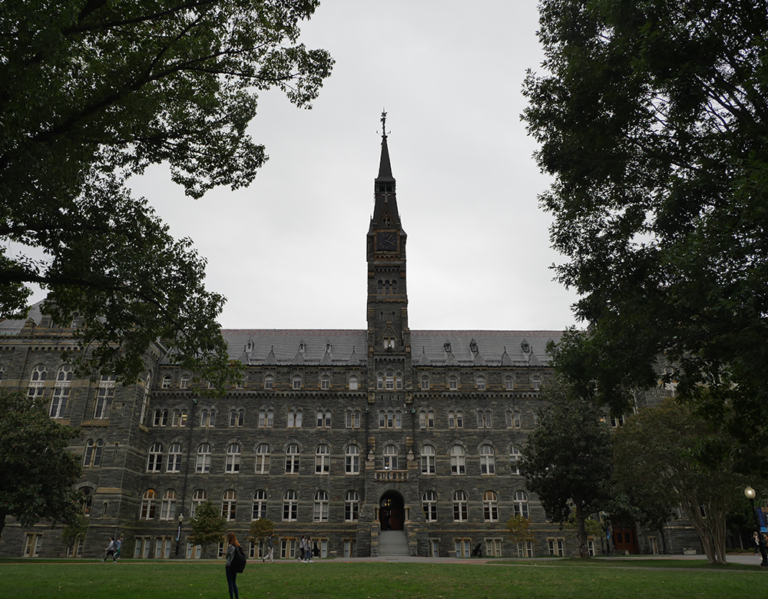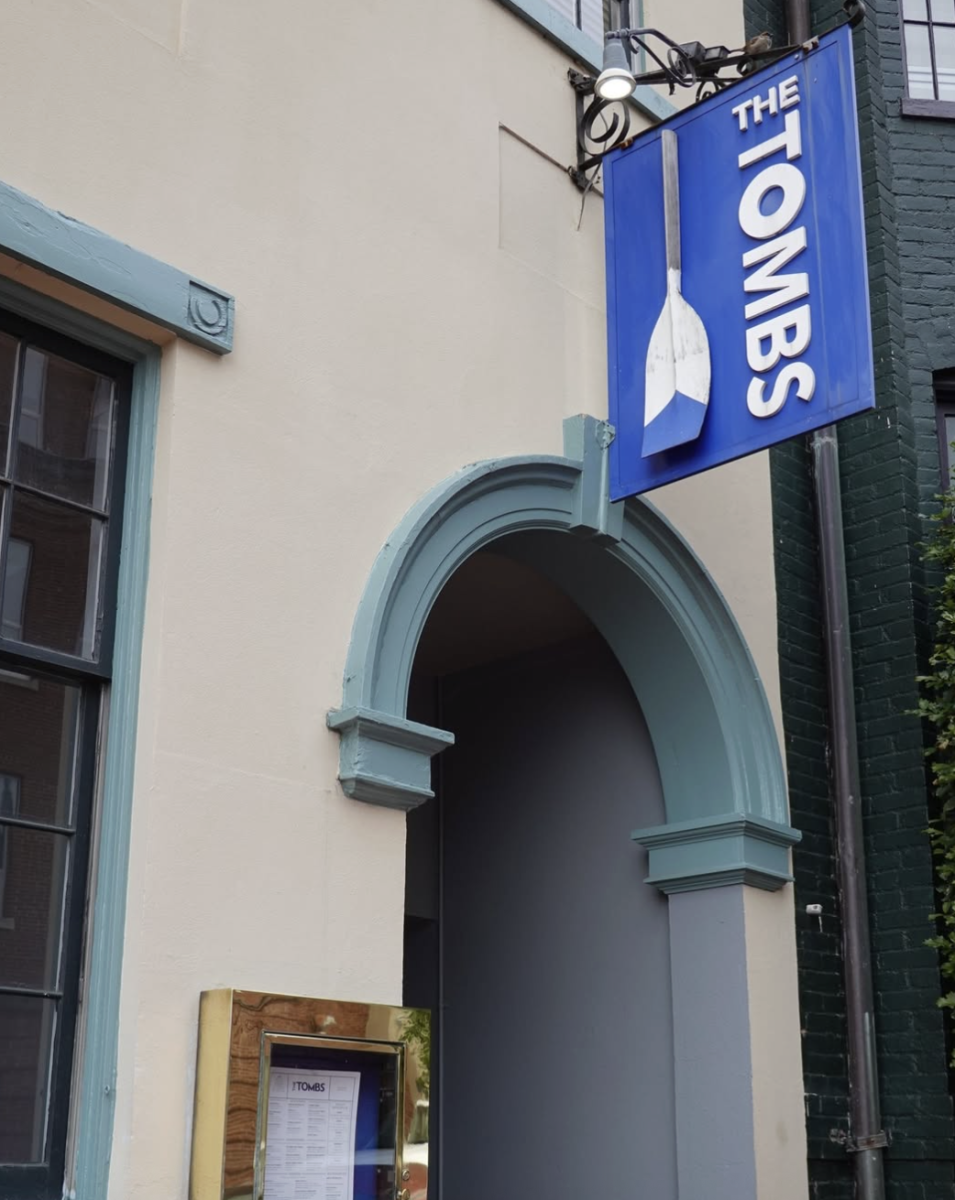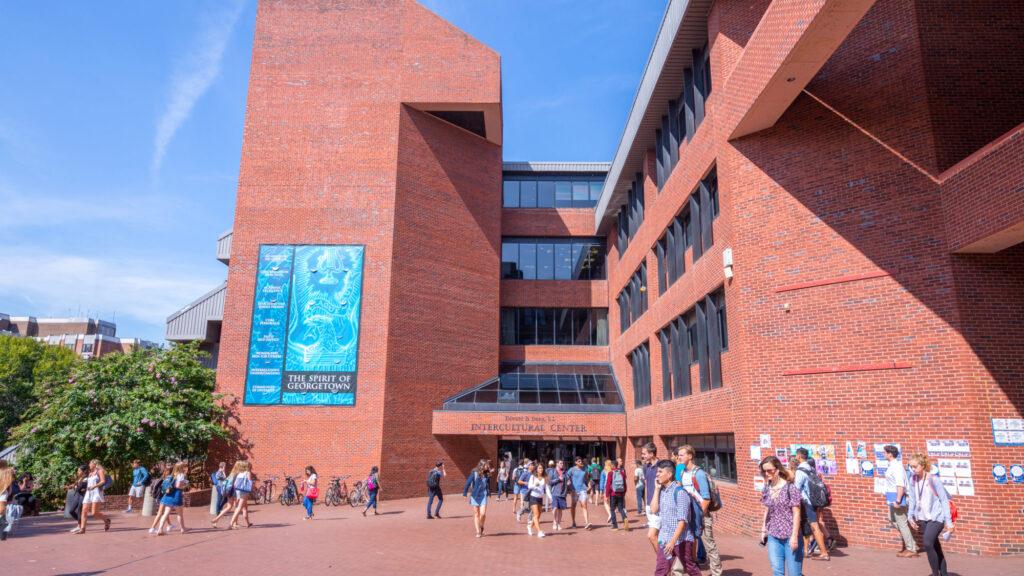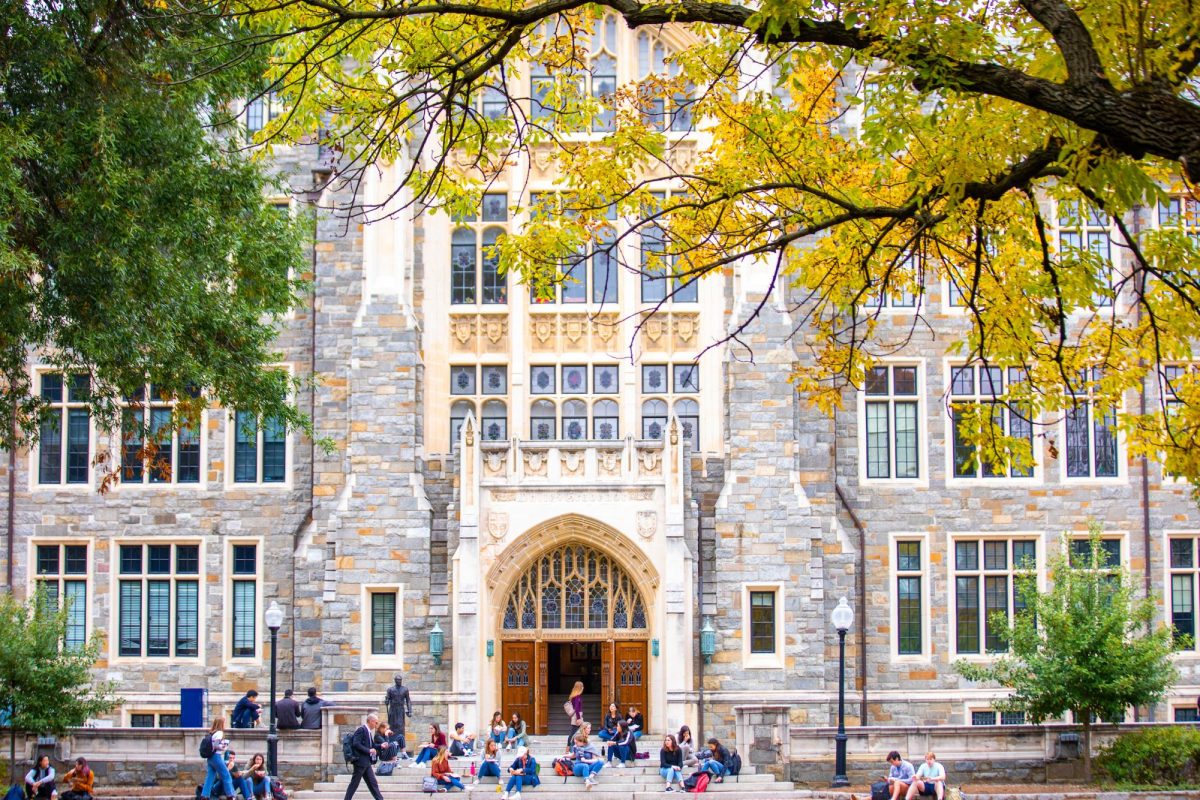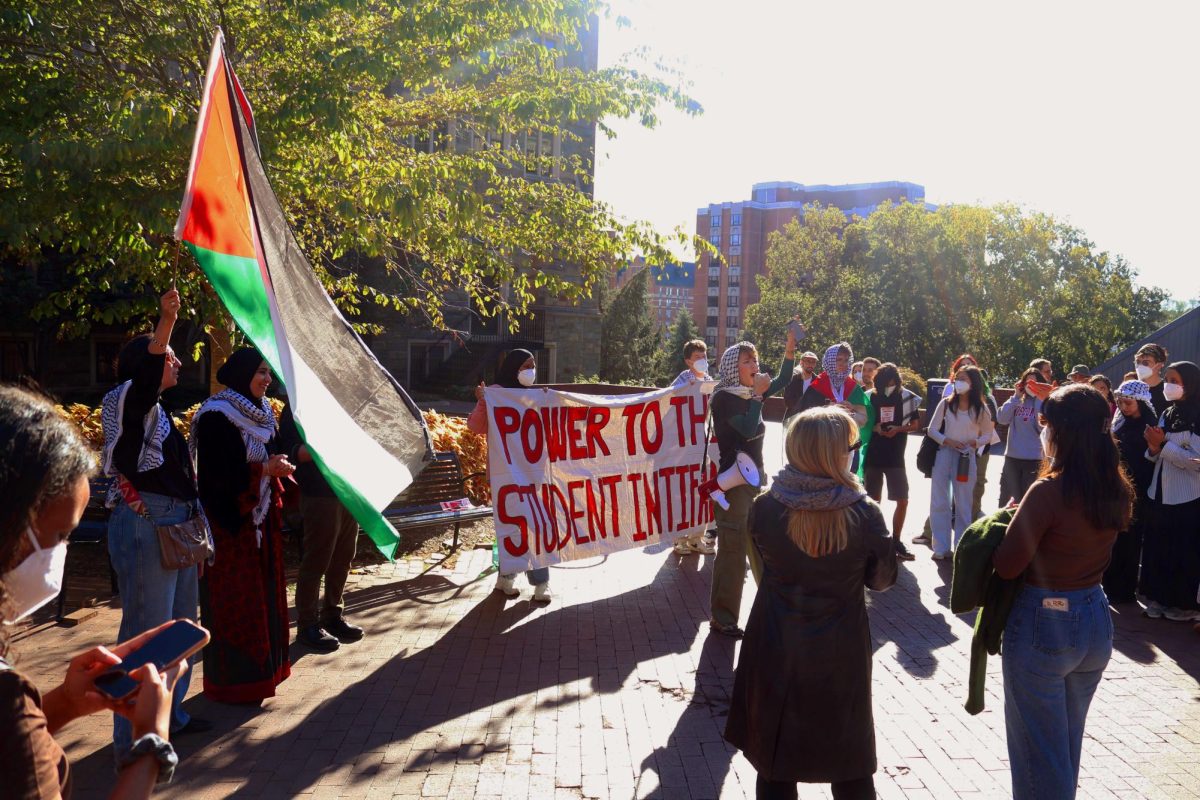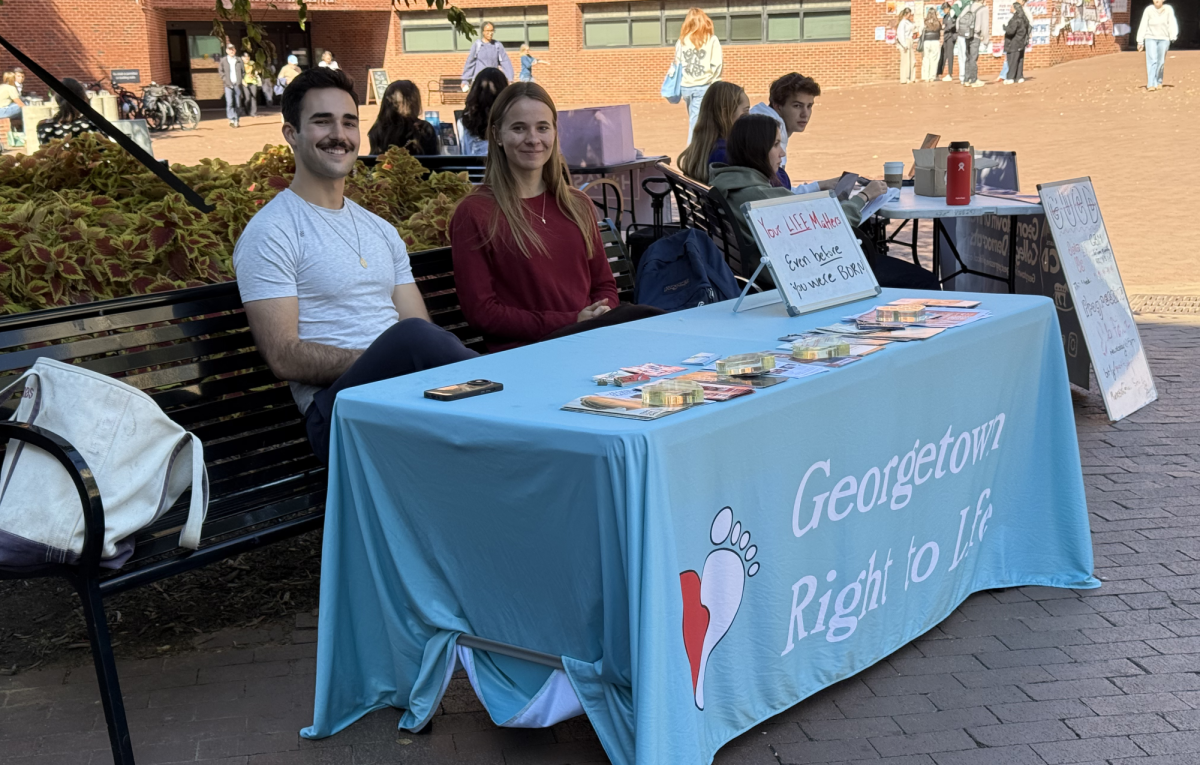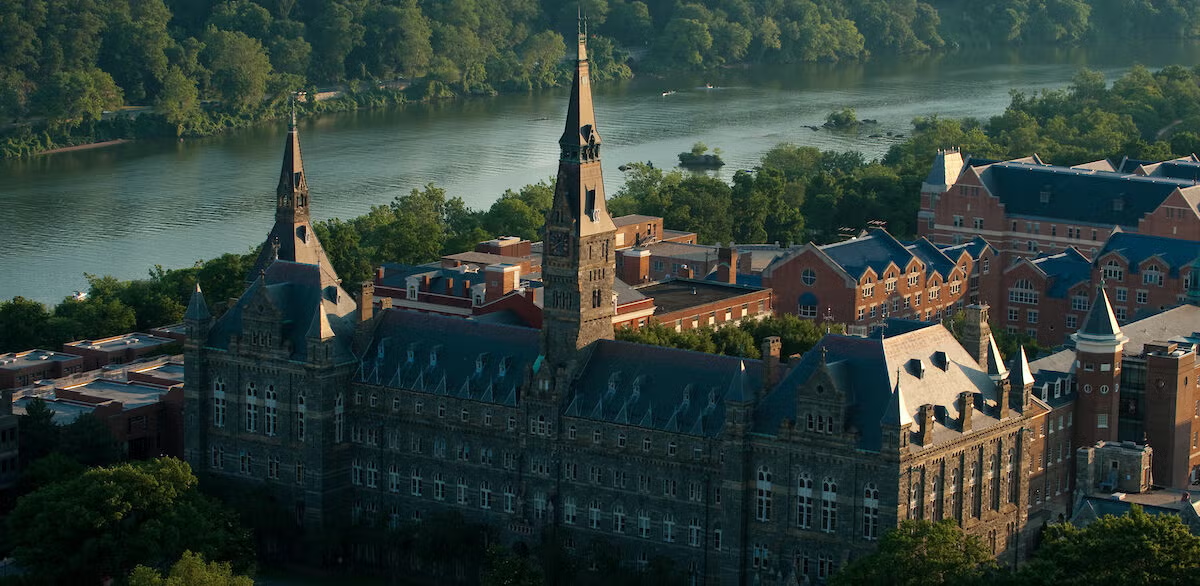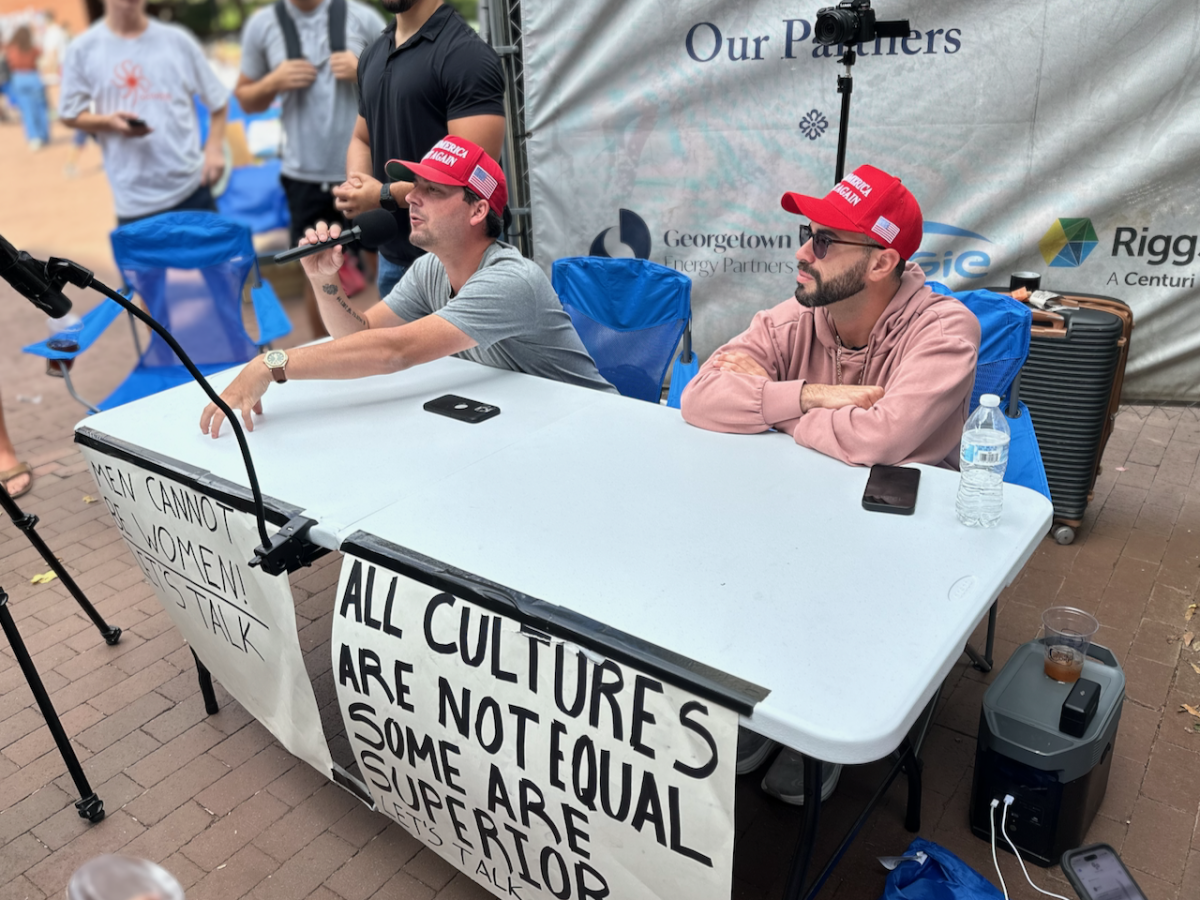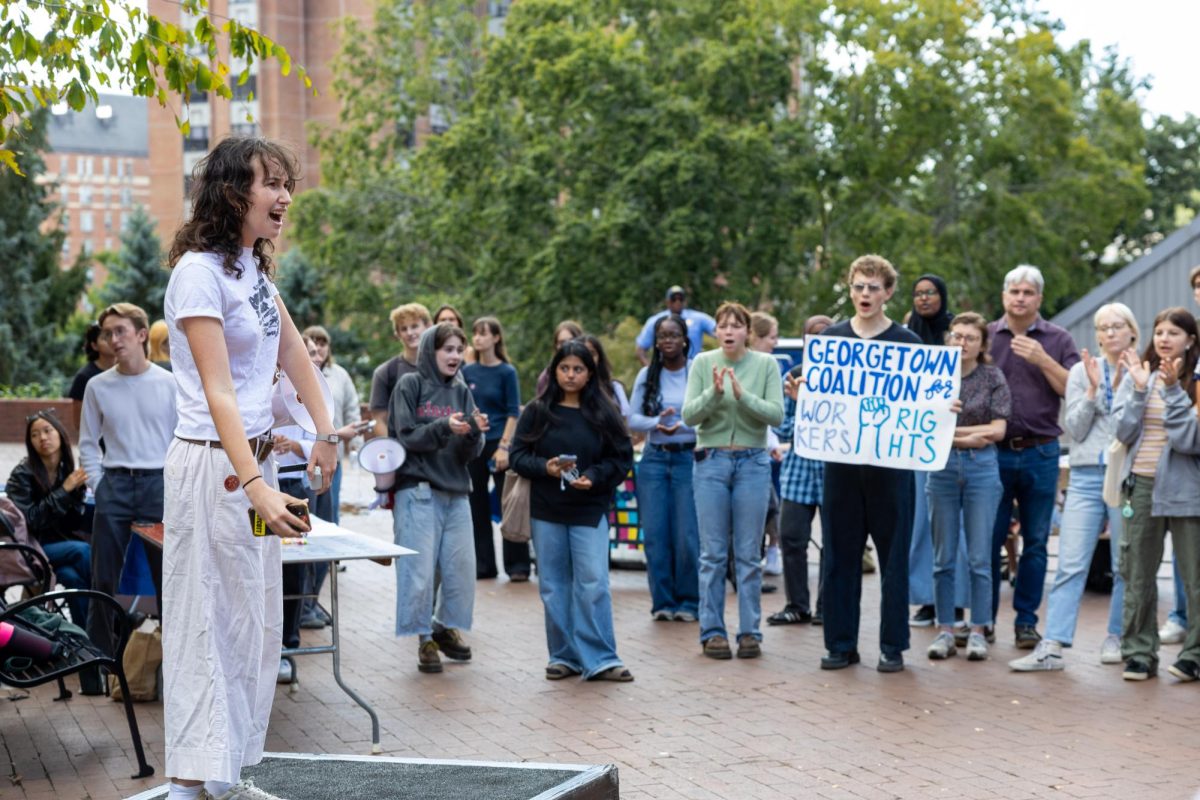Campus-wide celebrations for National Hispanic Heritage Month began Sept. 15 and will feature events hosted by Georgetown University departments and student organizations that center on Hispanic and Latino culture.
National Hispanic Heritage Month’s 2024 theme, “Pioneers of Change: Shaping the Future Together,” is focused on honoring past changemakers while continuing to support Hispanic and Latino communities into the future. The month, which runs until Oct 15., also honors the independence days of various Latin American countries, which Georgetown will observe through events like a Mexican Identity Celebration hosted by the Graduate Association of Mexican Students and a talk on engaged activism jointly hosted by the master’s in engaged and public humanities and other campus departments.
Throughout the month, the Georgetown University Library is featuring a curated book collection titled “Latinx Heritage Month: Books Bought in Buenos Aires,” which intends to increase access to academic materials that focus on Hispanic and Latino voices. Jade Madrid, the Latin American studies and Iberian languages liaison and reference librarian, purchased the books at the International Book Fair of Buenos Aires in April.

Madrid said international book fairs play an integral role in the library’s effort to amplify Hispanic and Latine culture.
“There is truly nothing like visiting book fairs in Latin America and Spain. These book fairs are essential cultural events and, as you can imagine, a large amount of book buying happens there,” Madrid wrote to The Hoya. “Because so many of the materials in my areas are being published print-only (no e-books), regular buying plans and trips to the region are essential to my work.”
Madrid partnered with book dealers in Buenos Aires to arrange buying plans, keeping faculty and graduate student book requests in mind. She said it is important to integrate Hispanic culture into Georgetown’s academic spaces through visibility and availability.
h“Imagine a student writing a paper about Latin America and only citing sources published in the U.S.,” Madrid wrote. “I feel like so much of my work culminates in the moment that a student needs sources published outside of the U.S. and they can find them at Lauinger Library, thanks to our year-round buying of books from the region.”
Student-run clubs also will host events, including groups such as Movimiento Estudiantil Chicanx de Aztlan (M.E.Ch.A), an organization supporting Latine students through higher education; La Casa Latina, a permanent safe space established to empower Latinx students; Georgetown Latino Policy Initiative (GLPI), an organization amplifying Latino-targeted policy in America; Latin American Student Association (LASA), an organization that celebrates Latin American culture; and Ritmo y Sabor, a Latin dance group.
On Sunday, M.E.Ch.A partnered with La Casa Latina to host Noche de Lotería, a community lotería game night that provided refreshments, snacks, and prizes.
M.E.Ch.A co-treasurer Cecilio Sandoval (CAS’26) said lotería holds personal and cultural significance for him and the event’s attendees.
“It’s just nostalgic because you play it as kids, so it was good for me to go play lotería with the community there,” Sandoval told The Hoya.
“It’s very easy to start conversations with that because a good amount of people I talked to were like, ‘I miss this whole thing,’ so it was a pretty good way to connect with others,” Sandoval added.
M.E.Ch.A also worked with Incorporado, an affinity group for Latinx students in The Corp, to host a Cool Down event in Red Square that provided sliced fruit and aguas frescas.
Other campus organizations such as GU Pride are engaging with National Hispanic Heritage Month by incorporating Hispanic and Latino-specific topics into their regular programming.
Gisell Campos (CAS ’25), co-president of GU Pride, spoke about last year’s GU Pride events held to celebrate National Hispanic Heritage Month, this year’s plans, and intersectionality.
“Last year, we held a weekly social event where I gave a brief lesson on gender-inclusive language in Spanish, or lenguaje inclusivo,” Campos told The Hoya. “What I really want to do with the club is to host a carne asada type of event where it’s hosted by Pride but we invite a bunch of Latin identity clubs. We’re thinking about reaching out to LASA, Casa Latina, to M.E.Ch.A., to a bunch of different Hispanic orgs on campus.”
“We try to make sure that all of our events still boil down to some queerness, in some sense, but I’m hoping that with this, you can kind of celebrate the intersectionality of our identities,” Campos added.
Later this month, celebrations of National Hispanic Heritage Month will include a talk on political polarization in the Americas hosted by the Georgetown Americas Institute and the Hispanic Heritage Celebration, a joint event hosted by various Latin-centered organizations.
Sandoval said these celebrations make Georgetown more comfortable for him as a Mexican student and that Latino clubs create a sense of belonging on campus.
“They have culture festivals for this month, so that’s something I’m looking forward to doing,” Sandoval said. “If someone feels homesick, the clubs make an effort to have that here, so that way you don’t forget about your culture.”
Campos said connecting with others and learning about their identities during Hispanic Heritage Month is important.
“I found my community here, and I’m super proud of that community,” Campos said. “With Pride having a white history, but myself now being a Latine student on the board and representing Latine people and advocating for Latine students on campus, it’s really a beautiful thing to be a part of, and it’s something I’m super proud of.”



